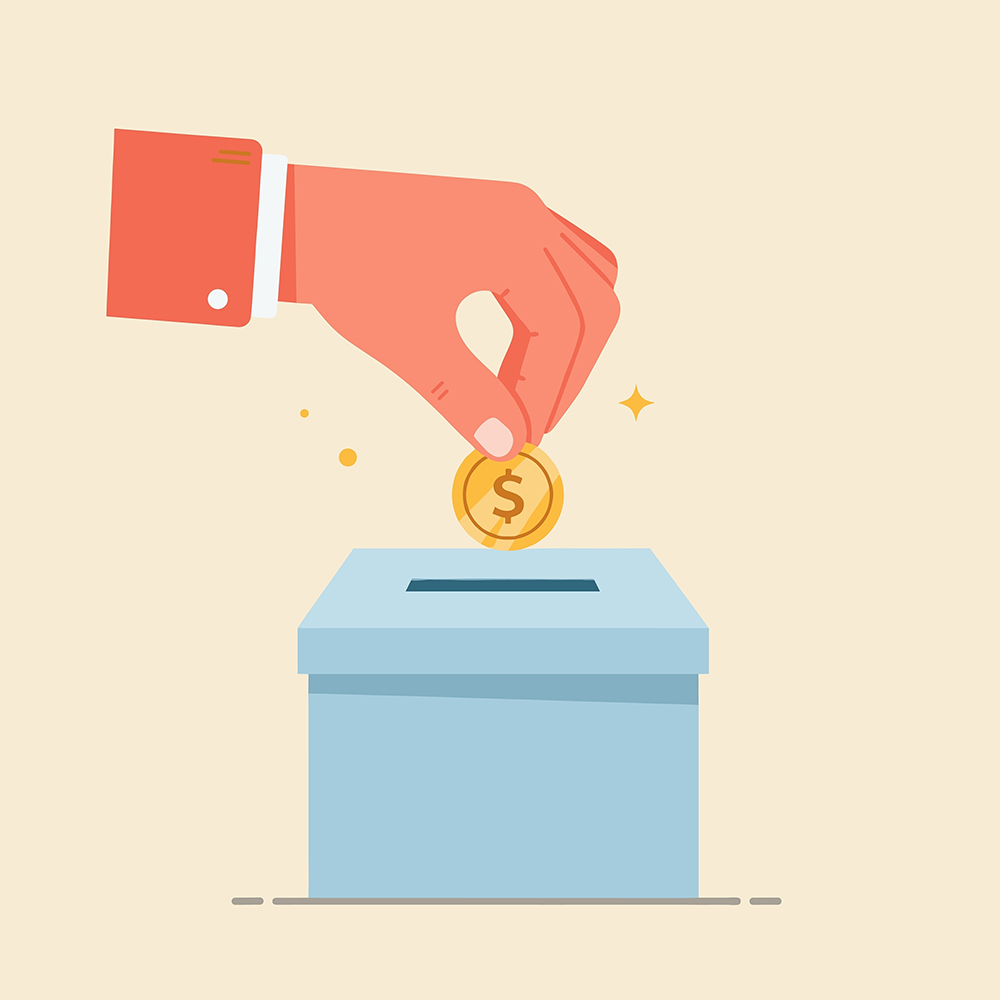Year-end is a time for giving, not only to family and friends but also to charity. If you’re among our readers who are passionate about philanthropy, year-end giving can offer the satisfaction of making a difference as well as significant financial advantages.
THE IMPACT
Data from the Indiana University Lilly Family School of Philanthropy shows that charitable donations typically increase during the year-end giving season. This surge is partly driven by holiday spirit and the motivation to leverage tax advantages before the calendar year ends. Many people find that giving strategically can maximize their contributions while minimizing their taxable income. Charitable contributions have a profound impact, and exploring innovative options can elevate your giving strategy.
CONSIDER A GIFT OF LIFE INSURANCE
While traditional methods of donating, such as cash or grants, are well-known, using life insurance in charitable giving is an option that’s often overlooked. One of the most innovative ways to contribute is through life insurance policies. If you have a life insurance policy that you no longer need, or if you’re looking to give a substantial gift to a charity, you can transfer ownership of the policy to a nonprofit organization. This not only delivers a significant future benefit to the charity, but it also provides you with some notable tax advantages today.
When you make a charity the owner and the beneficiary of your life insurance policy, you may be able to deduct the policy’s cash surrender value on your federal income tax return for the year you gift the policy. Further, if you continue to pay the premiums on the policy, those payments can also be deductible as contributions to charity.
NON-TAX BENEFITS
By naming a charity as the beneficiary of your life insurance, you’re effectively building a legacy. This can be particularly appealing if you’re enthusiastic about a cause and want to ensure lasting support for it beyond your lifetime. Life insurance gifts also may be simpler and more flexible insurance than other asset transfers, such as real estate or stocks, which can involve complexities associated with valuation and appreciation. You don’t have to give away your entire policy. You can choose to gift a portion of the policy or maintain partial ownership while designating a charity as the beneficiary.
FINAL THOUGHTS
As you contemplate your year-end giving strategy, remember that the essence of giving lies not just in the act of donating but in how creatively and effectively you can align your philanthropy with your financial goals. Contact your trusted advisors as they can provide additional insights tailored to your financial situation, ensuring you are making the most of your generosity.
Keeping with the trends of the past decade, 34% of all giving in 2024 occurred in the last three months of the year.
Source: 2024 Trends in Giving, Blackbaud Institute, 2025





